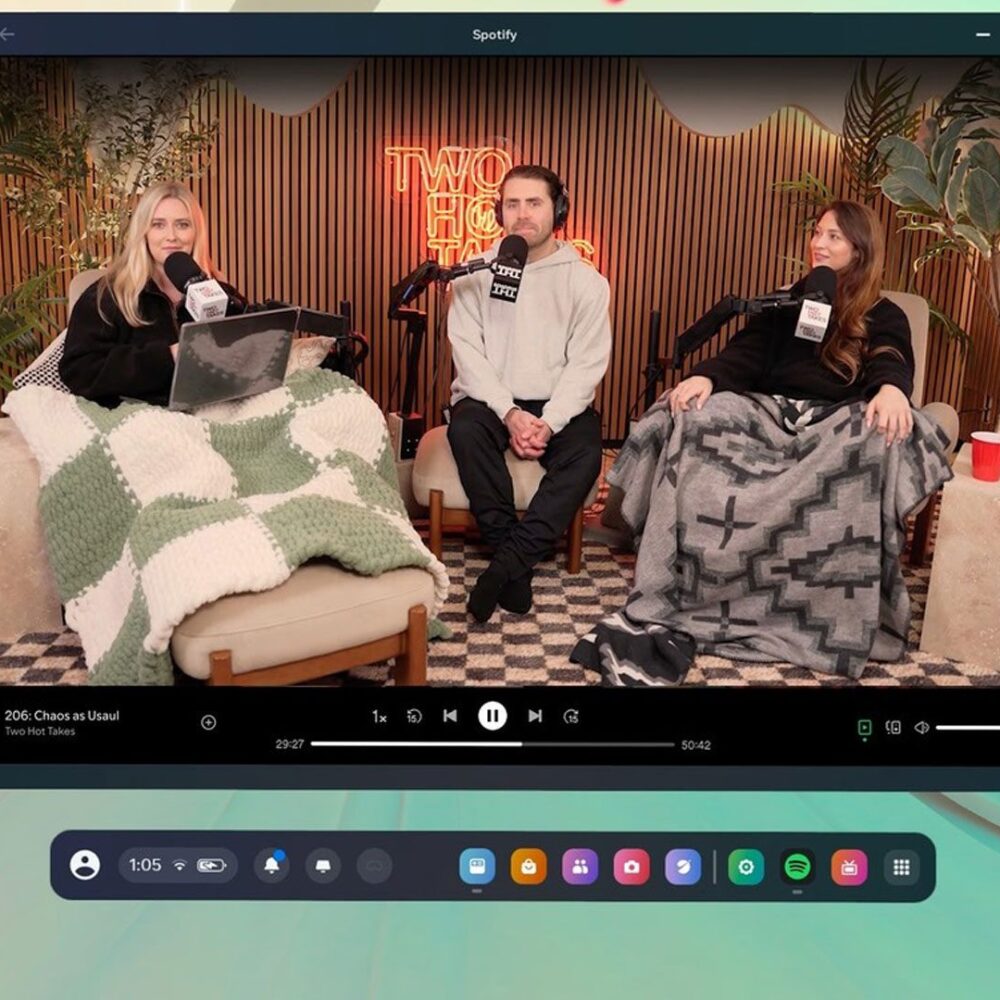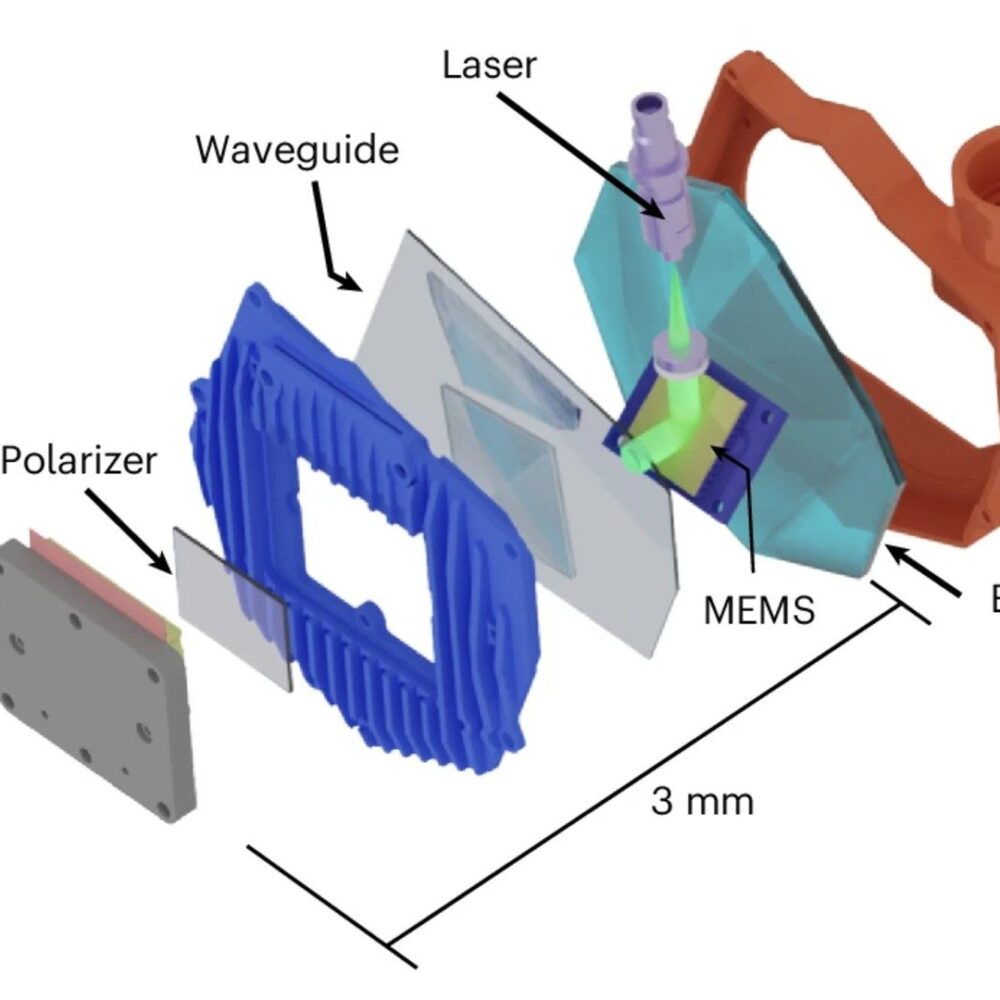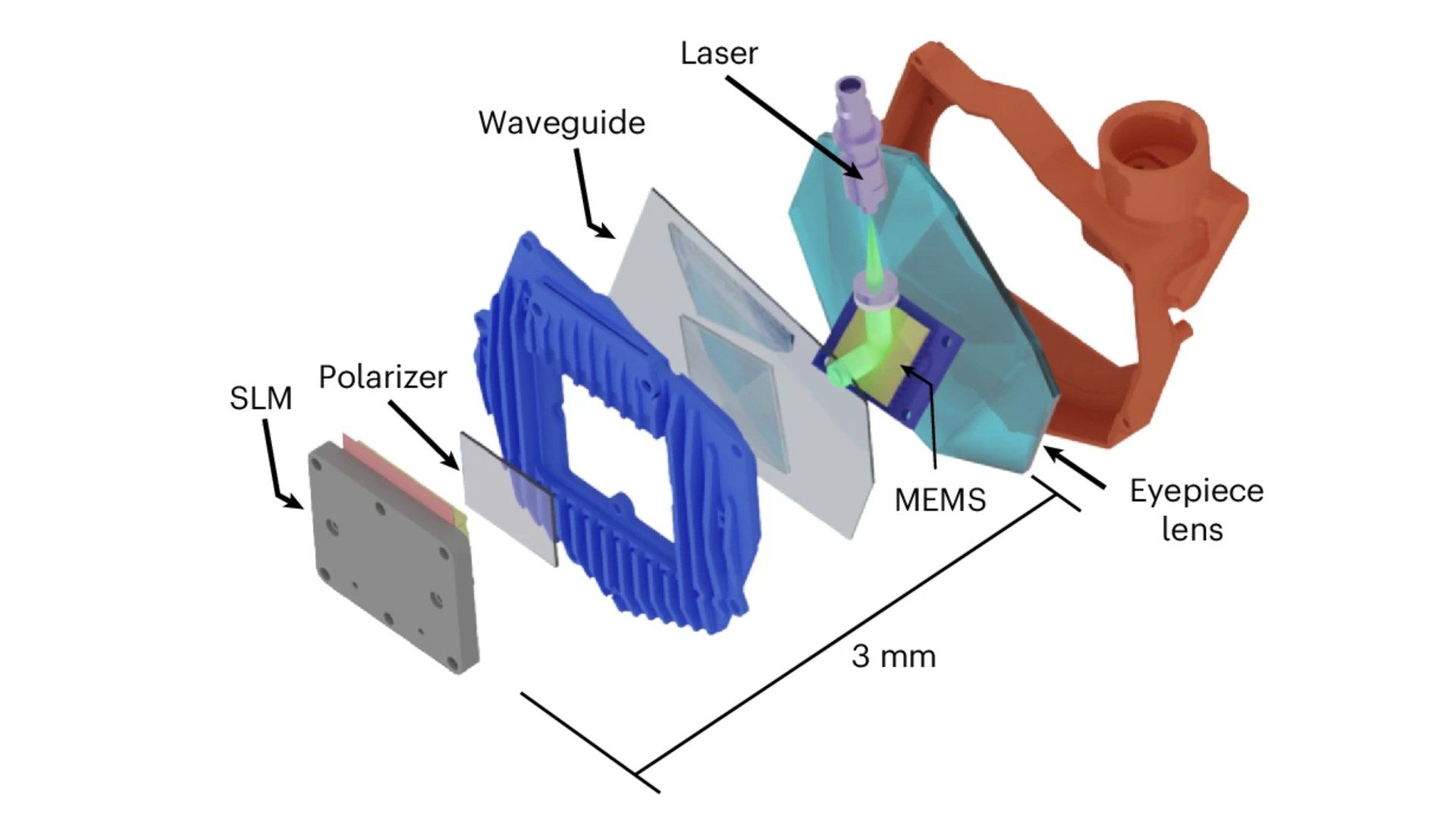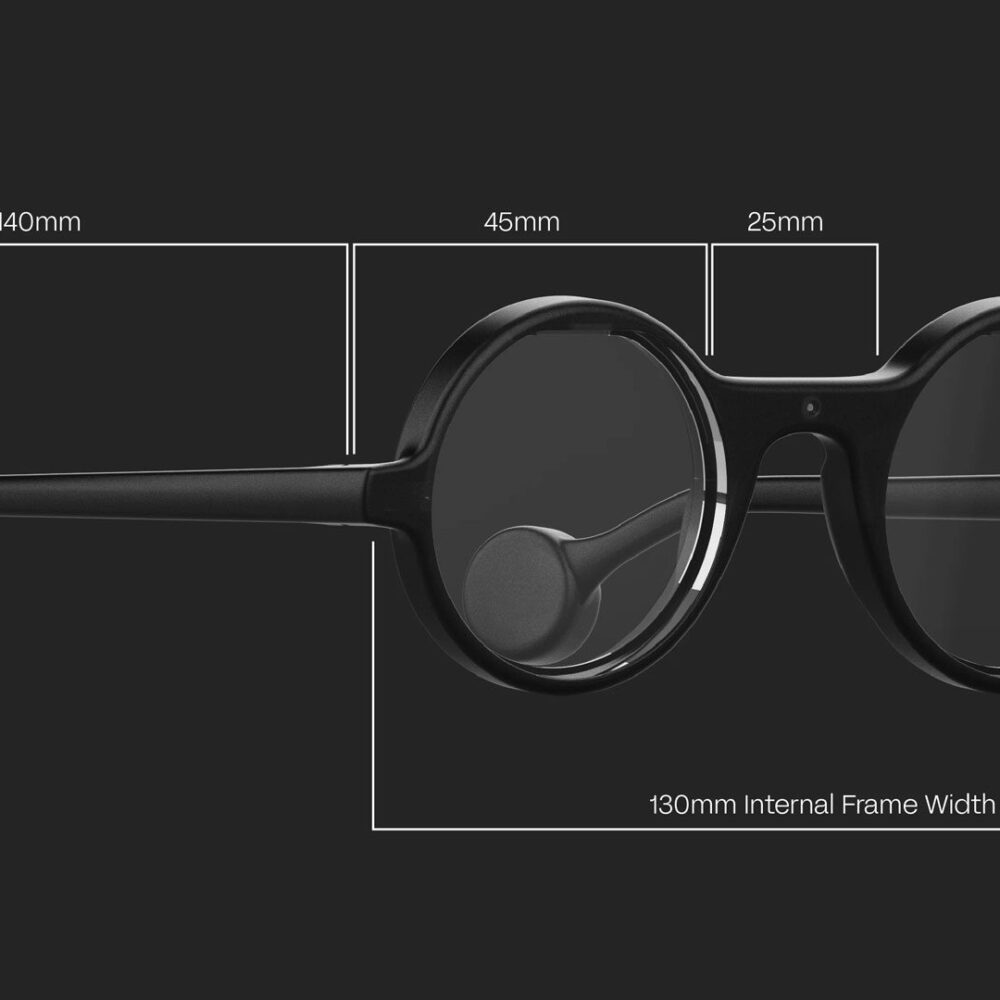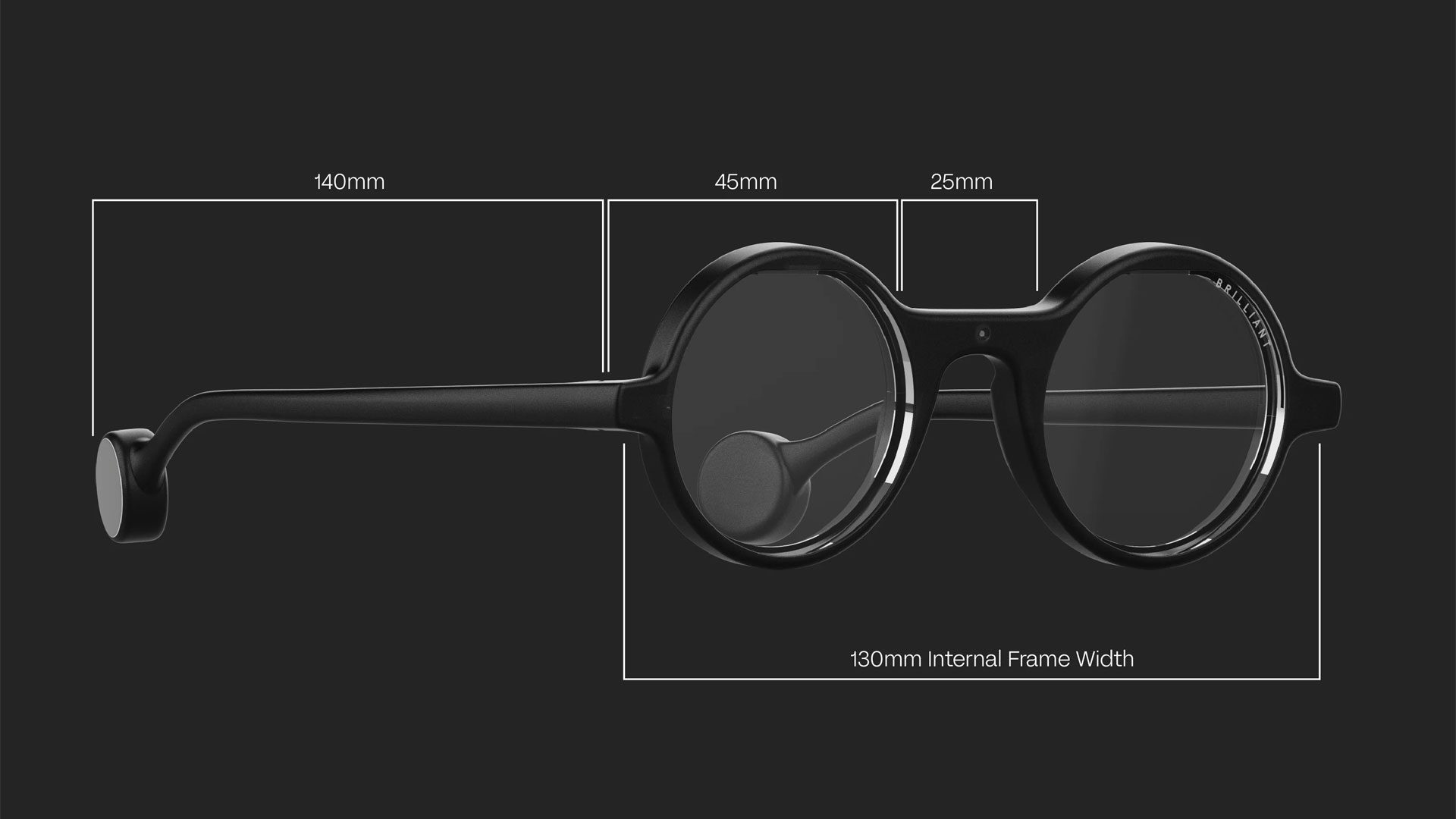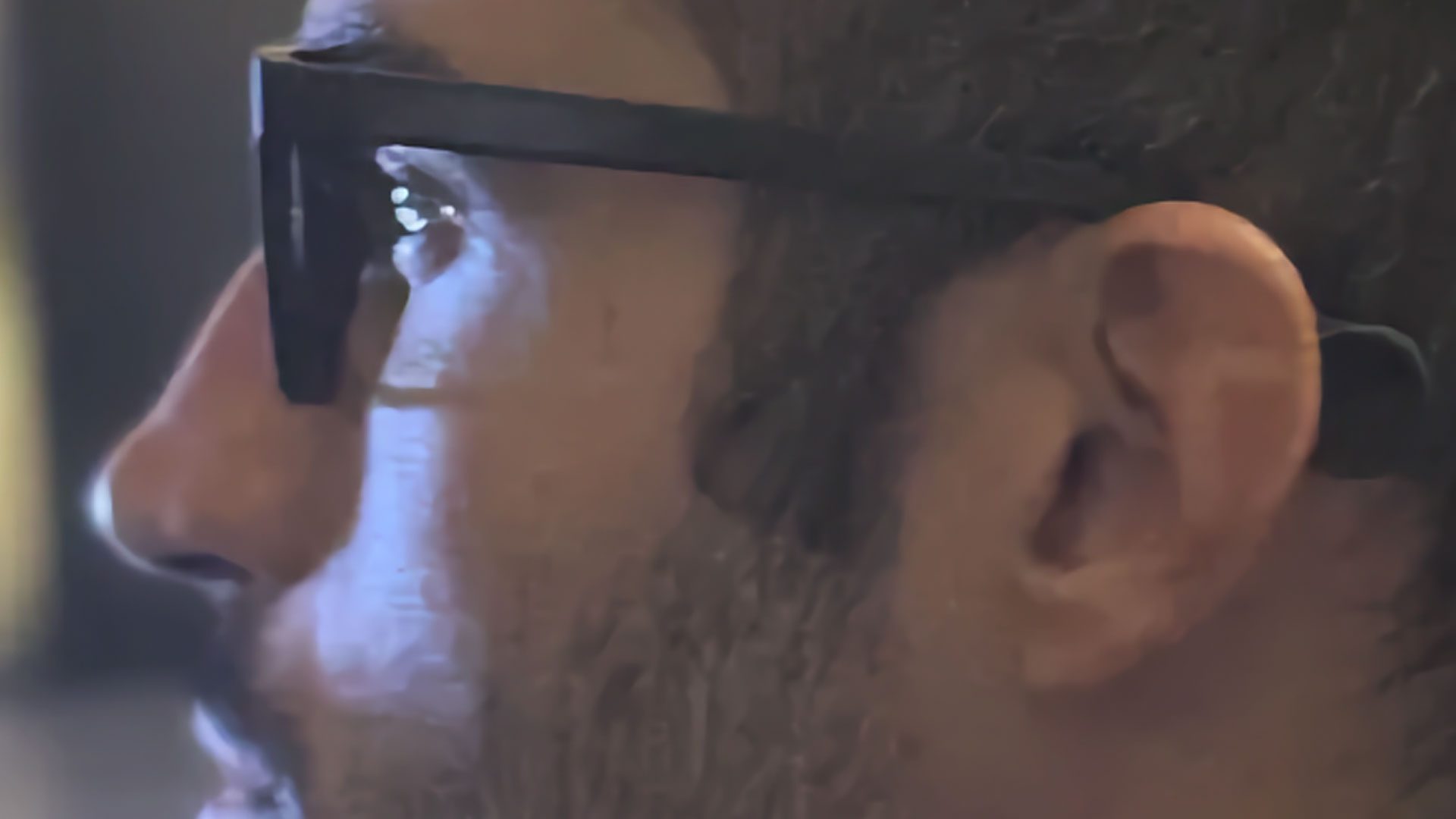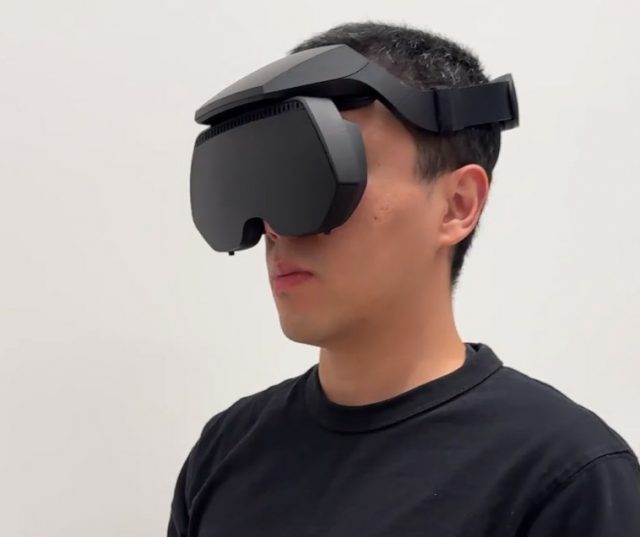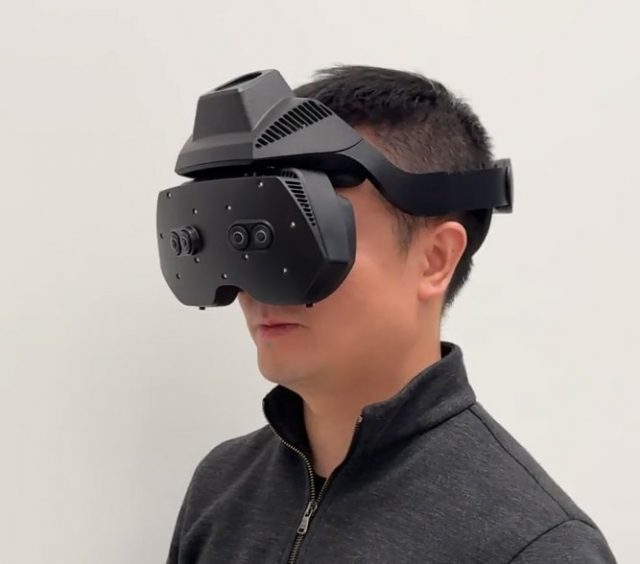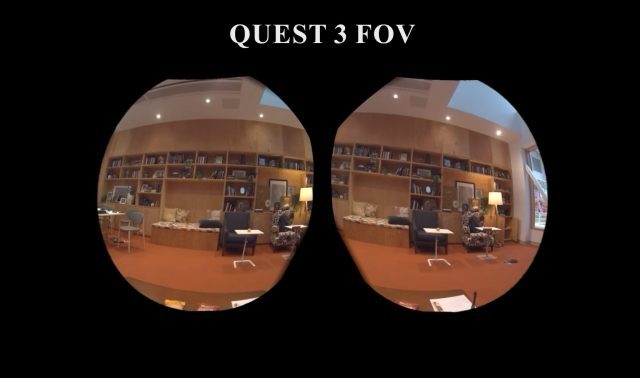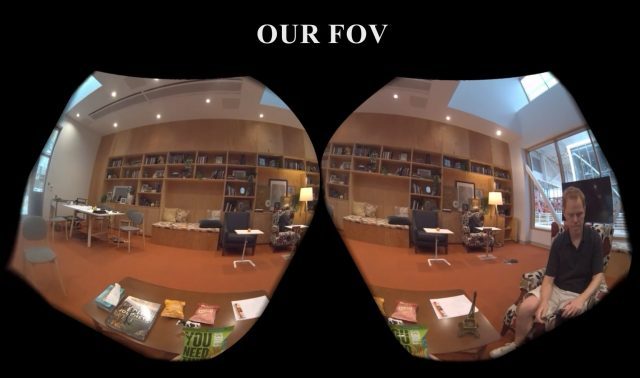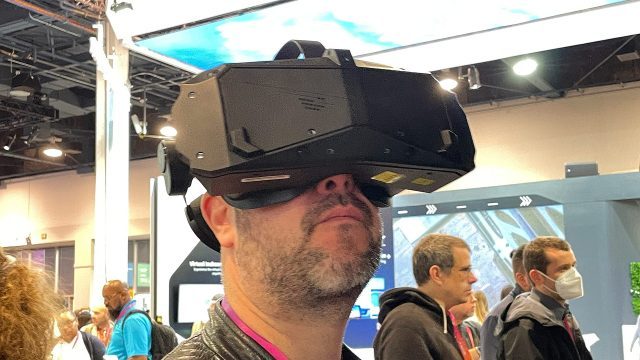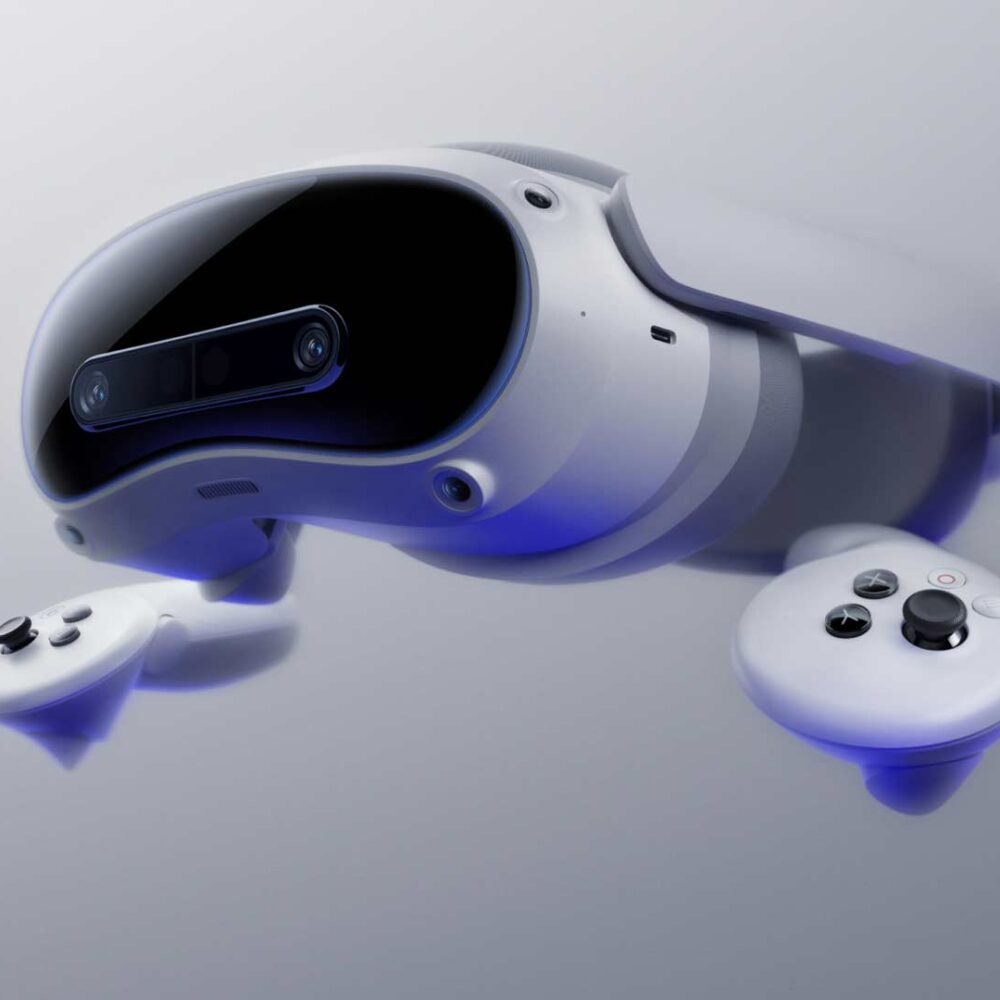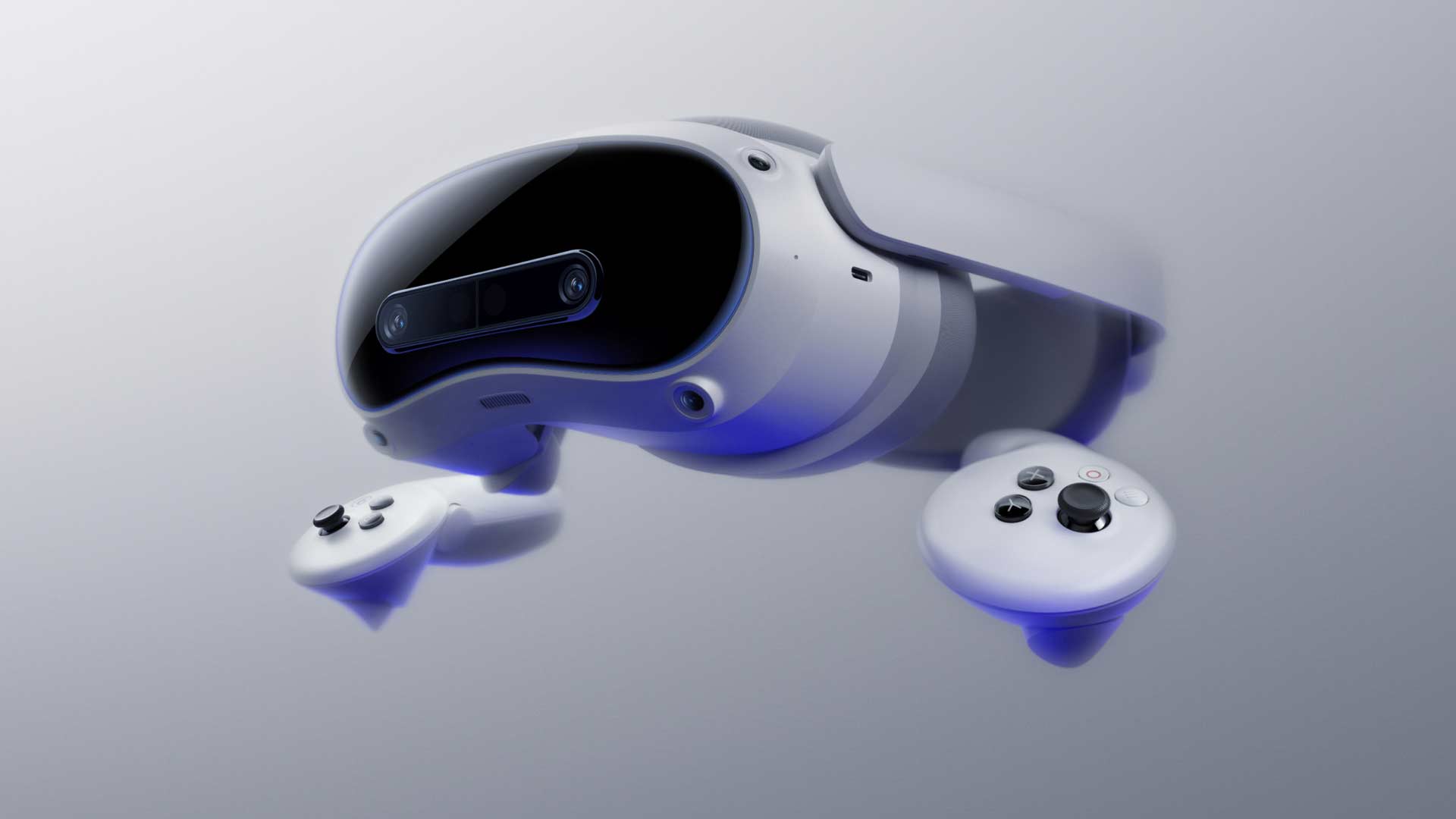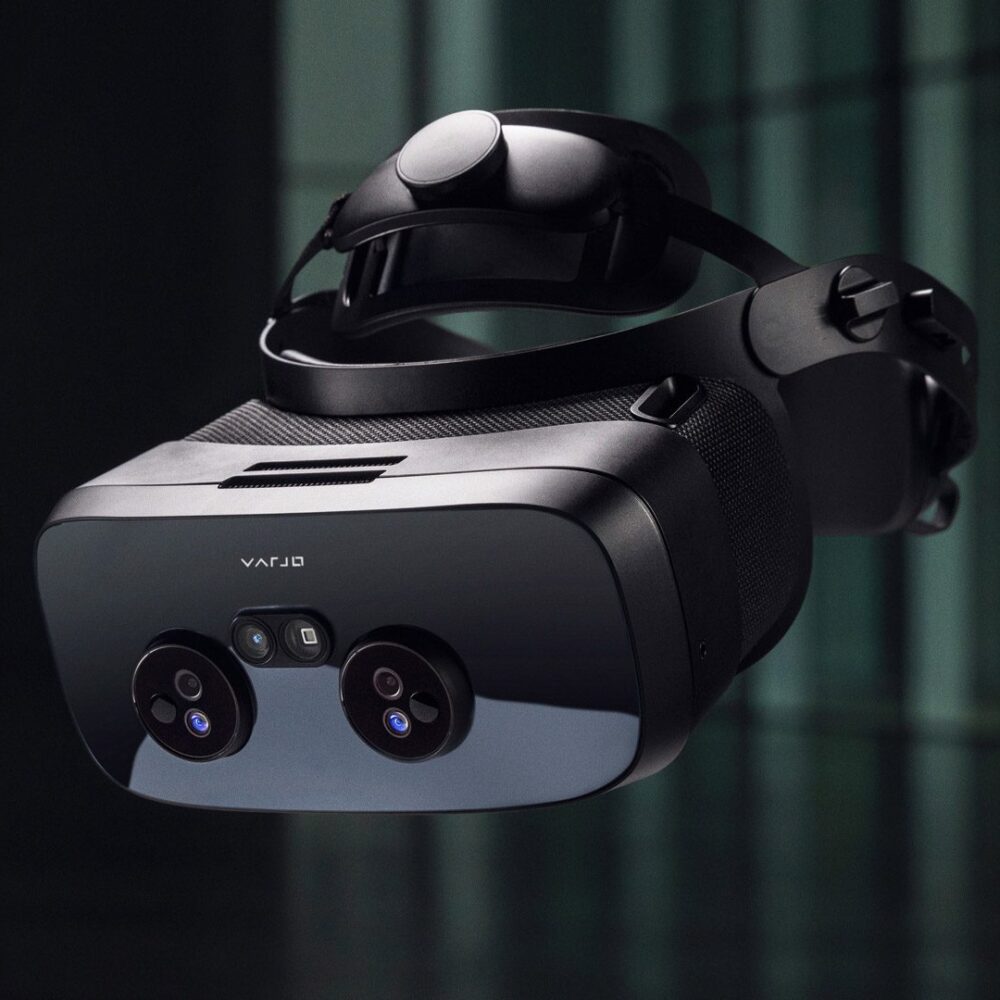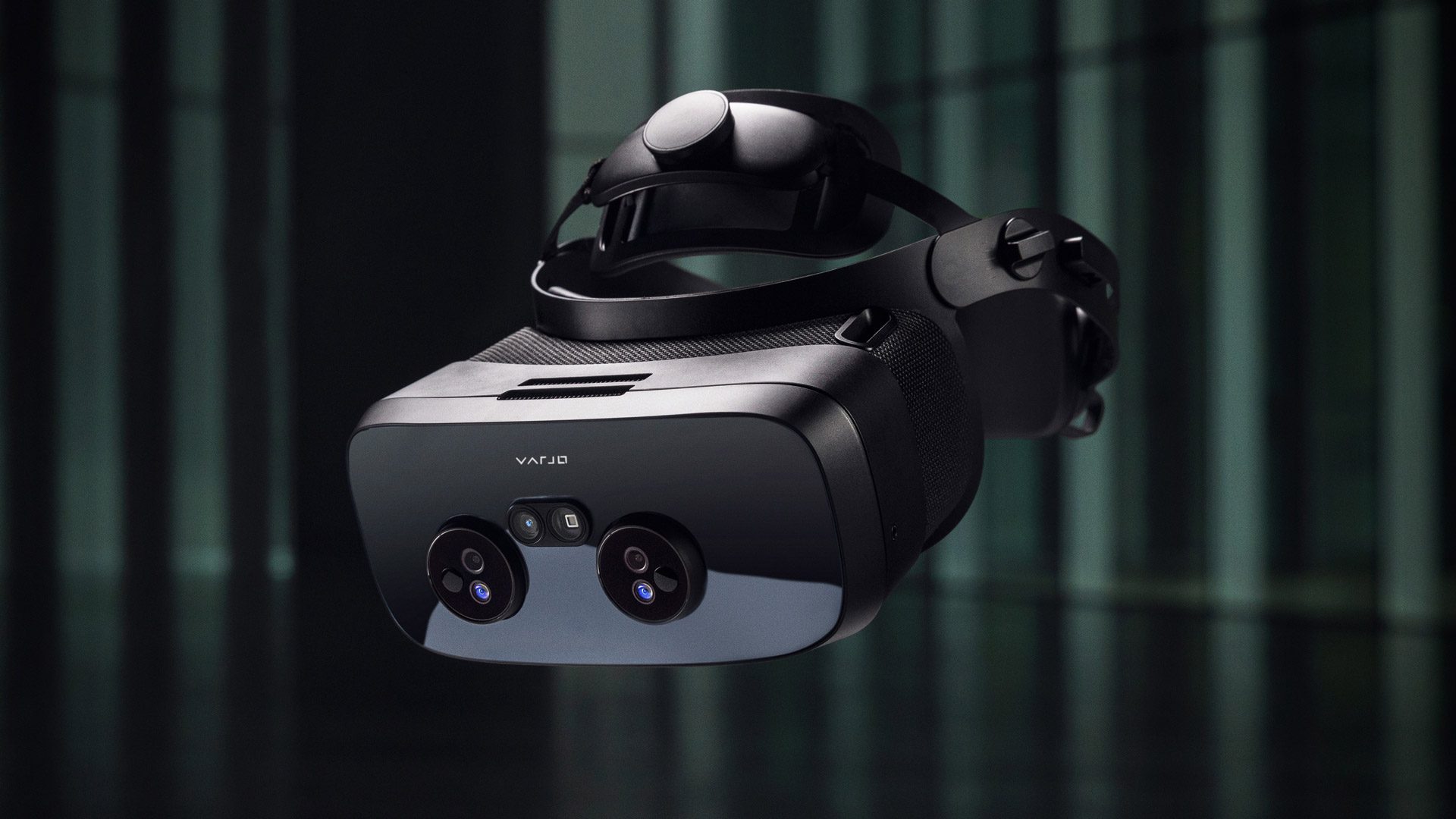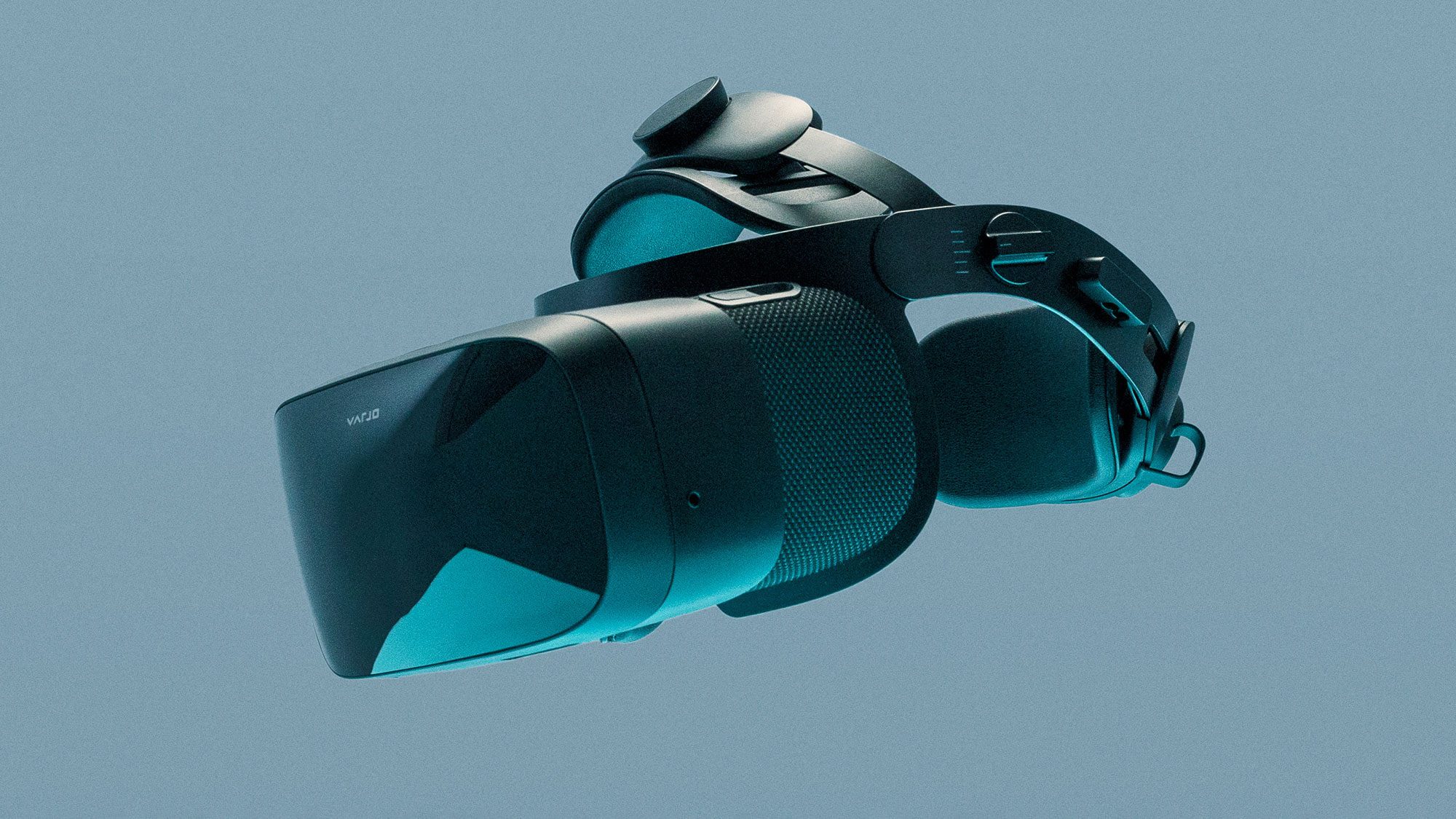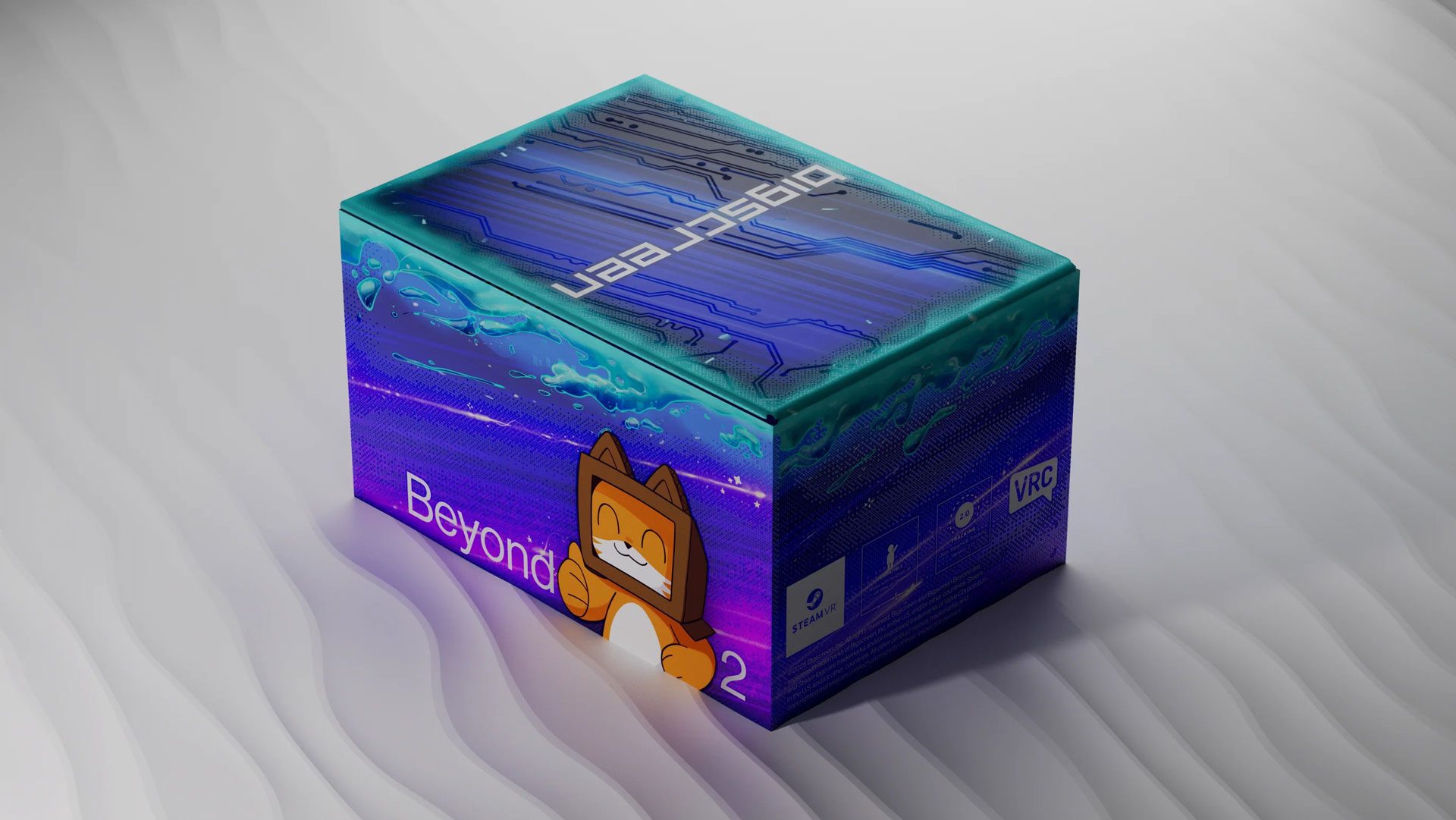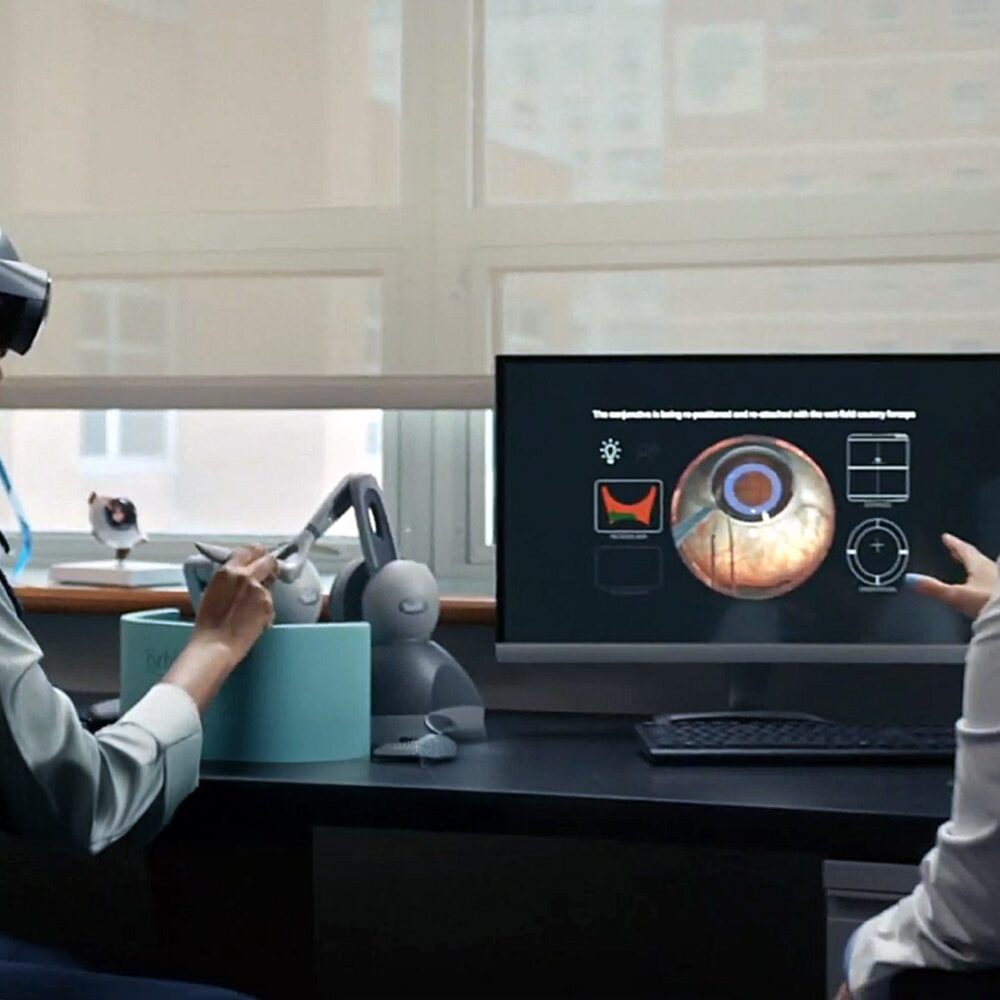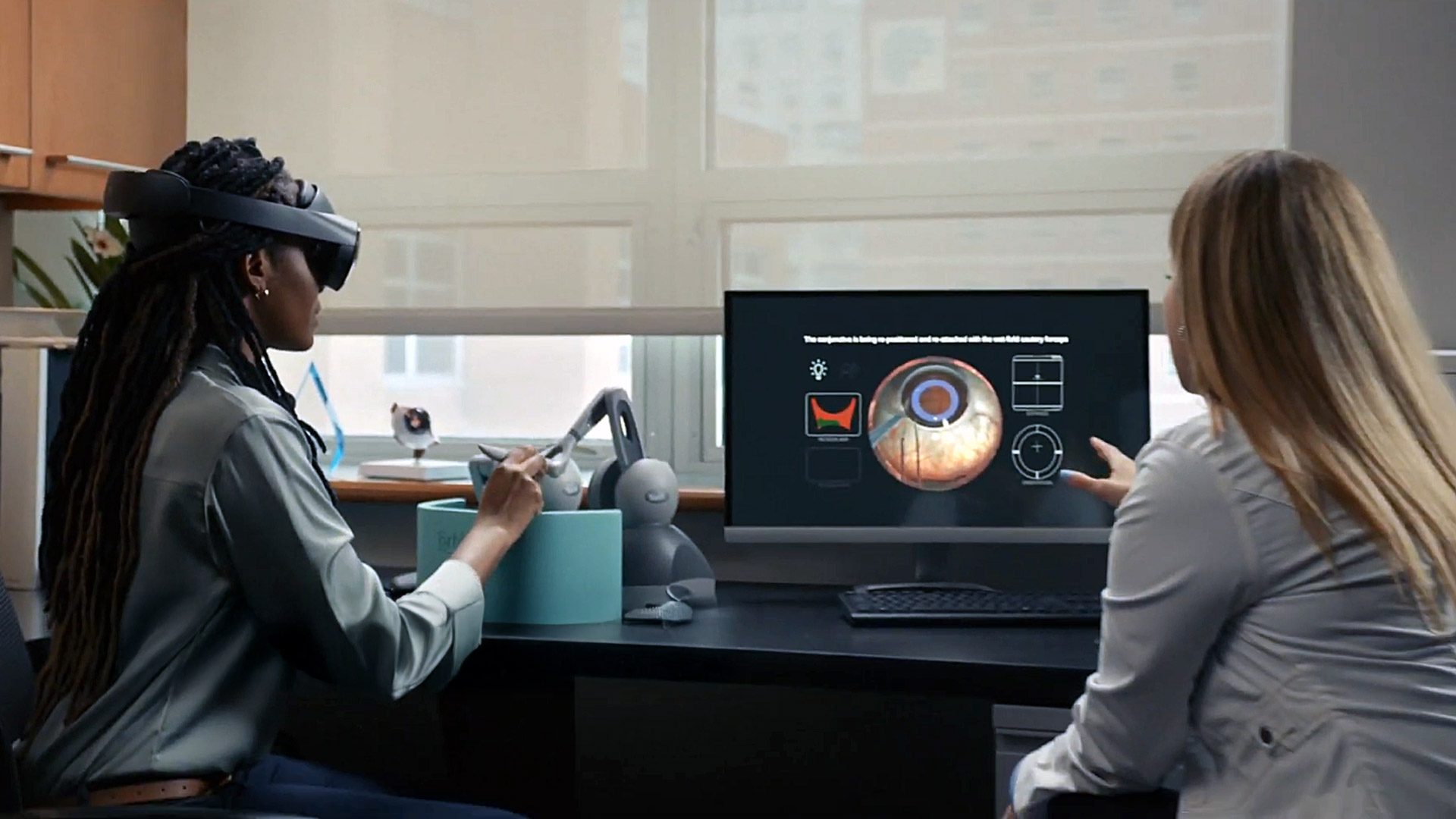Spotify finally has its own Quest web app, letting you listen to music in the background as you go about your virtual ways.
The new Spotify app for Quest isn’t an app in the traditional sense, but rather a progressive web app (PWA) that essentially opens up its own browser window.
While that means you can’t use Spotify offline, like you might on Android or iOS, it does mean you can bypass the old song and dance of having to open the browser and go to Spotify web manually.
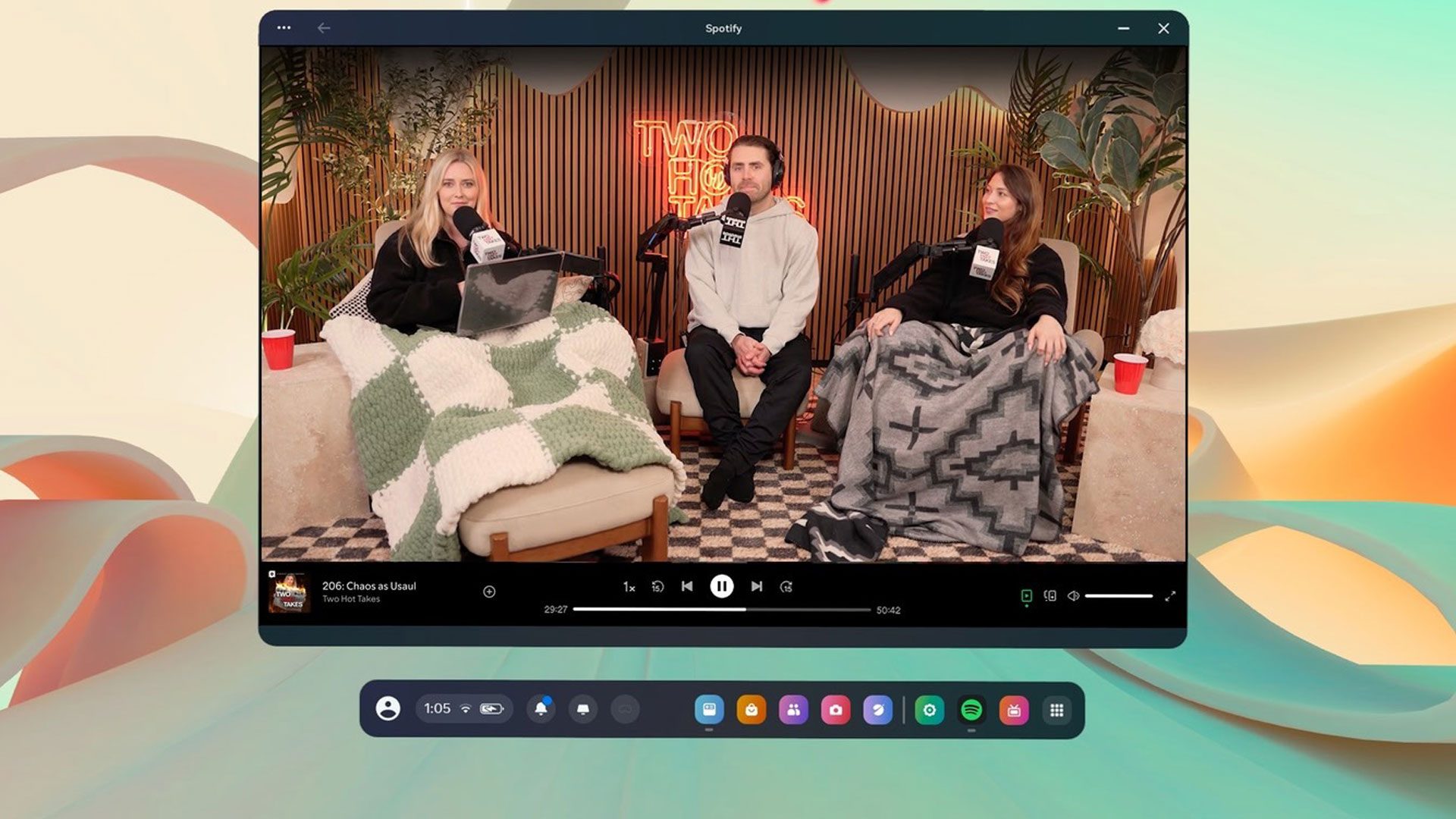
It also means you can enjoy all of the same music and podcasts however you like, be it minimized for background play, or maximized so you can watch video podcasts, check out track lyrics, browse artists, and manage your playlists.
And as you’d imagine, the Spotify web app for Quest is free, supporting both free and paid subscriptions. You can find Spotify for Quest over on the Horizon Store, supporting Quest 2 and above.
